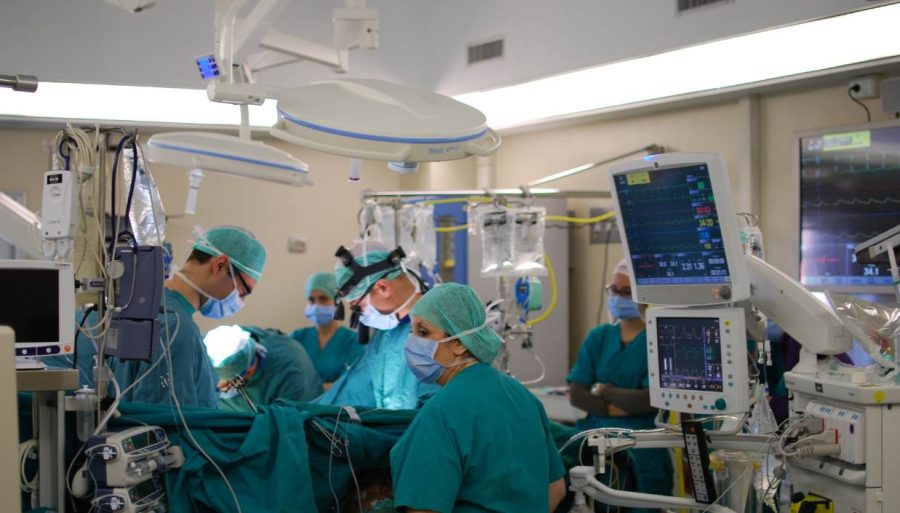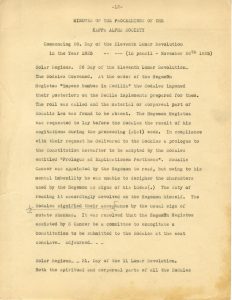Groundbreaking successful pig-to-human heart transplant
January 20, 2022
Organ transplants can be very difficult procedures for patients to undergo. According to the National Center for Biotechnology Information, heart transplants have a “high early mortality rate,” ranging from 15 to 20% of patients dying within a year after a transplant. Despite these transplants tending to not have the highest success rates at times, for David Bennett it was his only shot at survival.
Bennett, a 57-year old Maryland resident, was dying from heart failure. According to The Roanoke Times, he was deemed ineligible for a standard heart transplant. With no real other options, Bennett was cleared for an experimental transplant: instead of having a human heart put into his body, Bennett would instead receive a pig’s heart that had been genetically modified so that his body’s cells would not reject it.
On January 7, the fateful day of Bennett’s transplant came. He entered in with a malfunctioning human heart and left with a seemingly fully functional pig heart. His transplant, so far, has been considered successful as he has remained alive for several days now with the genetically modified heart.
Bartley P. Griffith, M.D., was the doctor who did the physical implantation of the pig heart into Benett. According to Technology.org, he had the following to say: “This was a breakthrough surgery and brings us one step closer to solving the organ shortage crisis. There are simply not enough donor human hearts available to meet the long list of potential recipients.” He also explained that the doctors are proceeding with caution, but they are optimistic for the future of these transplants.
According to the Penn Medicine News, the organ shortage that Dr. Griffith mentioned has only worsened in recent years due to the COVID-19 pandemic hitting the world. One article, titled “Steep Decline in Organ Transplants Amid COVID-19 Outbreak,” explained that over 112,000 people in the United States are on the waiting list for organ transplants. If this new type of transplant proves to be successful, that waiting list may shorten in the coming years.
Still, it may take a while to understand long term effects and/or risks of xenotransplants from other animals. Even so, the seemingly impossible task of transplanting a different species’ organs into a human is a major leap for helping those with faulty organs live a better life.







